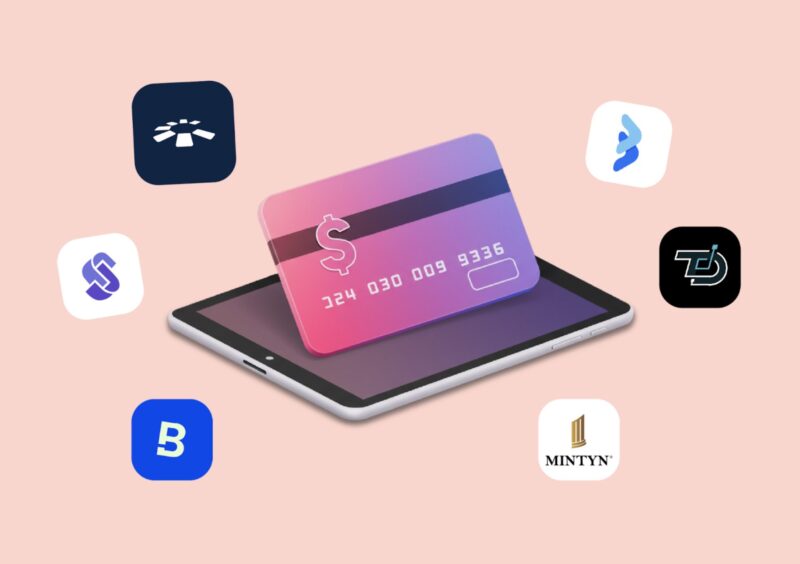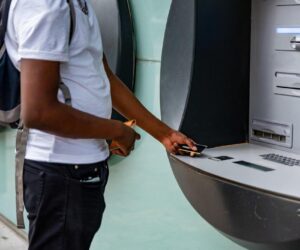A claim on X has stirred debate: “bank naira cards will soon make some fintech apps obsolete amid wide FX spreads and high transaction fees.” That claim highlights a structural shift underway in Nigeria’s payments ecosystem, one that demands urgent, data-driven examination.
Nigeria’s Central Bank and top-tier banks now enable international use of naira debit cards, signalling renewed confidence in FX policy.
In 2023, structural FX reforms by the Central Bank of Nigeria improved dollar liquidity and stabilised exchange rates. In turn, banks such as UBA, FirstBank, GTBank, and Wema reinstated global use of naira debit cards, a capability suspended during the previous era of forex scarcity.
This reversal comes amid monthly FX inflows of $5.96 billion and a 62 per cent increase in official foreign exchange liquidity since May 2025.
Behind this change lies more than policy recalibration. It offers a practical alternative to fintech solutions that rely on virtual forex cards and one-off cross-border transactions.
Platforms like Chipper Cash, Geegpay, Fundall, Wallet Africa, Cardtonic, GoMoney, and Bitmama could lose relevance if customers access dollars directly via bank-issued naira cards or ATMs.

Fintech entities long positioned themselves as the go-to method for international payments when banks restricted FX access. Virtual dollar cards provided immediate relief from rigid bank policies, offering reliable rates and streamlined cross-border transfer options.
But this advantage weakened once banks restored international purchasing power to naira cards.
For freelancers, digital entrepreneurs, and everyday Nigerians, naira cards’ global use represents more than convenience. They promise cost savings, regulatory alignment, and simplified workflow, especially for subscriptions, software, and remote work payments.
Fintech platforms now face pressure to pivot. To survive and stay relevant, they must add value where banks fall short. That includes integrating smart tools such as AI-based FX alerts, budgeting advice, cross-border business banking, and multi-currency planning, features banks rarely bundle with card services.
Analysts argue that fintech entities with stronger UX and diversification will thrive; the rest may fade in relevance.
Nigerian payment schemes themselves demonstrate a shift. CBN-backed AfriGo, homegrown and cost-effective, now challenges Visa, Mastercard, and Verve. AfriGo offers multi-tier cards, debit, credit, prepaid, and virtual.
Priced below ₦1,000 and settled in naira only, it lowers operational costs and eases forex demand on the system.


Early adoption reached over 3 million cards issued, including plans for a government payment-integrated ID card. Those measures could provide fintech platforms with a local infrastructure on which to build. Fintech entities that embrace AfriGo can reduce FX exposure, drop foreign fees, and strengthen financial inclusion via lower-cost domestic card issuing.
At the same time, card usage is surging across Nigeria. Fintava’s co-founder, Samuel Ojerinde, expects explosive growth in 2025, citing policymakers’ support for cashless adoption and rising card usage.
Card transactions hit ₦1.01 trillion in June 2024, compared to ₦930.76 billion a year earlier. Fintava produced over 850,000 physical cards for businesses and government in 2024 alone, with projections of 400,000 new cards monthly through January 2025.
Ojerinde said: “Cards have become the backbone of modern transactions globally, and Nigeria is catching up rapidly,” emphasising the growing role of card payments in the country’s financial ecosystem.
These figures underscore a widely shifting financial landscape: easy access to global payments via naira cards erodes fintech’s core value proposition.
Yet, this shift also reframes fintechs’ role. Banks won’t provide finely tailored services to low-income earners, traders, gig workers, or MSMEs. Fintech platforms still hold an edge where user experience, custom features, and financial inclusion matter.


As one journalist summed up, “Fintech entities may lose their exclusive grip on virtual FX access, but they can remain indispensable by layering smarter tools on top of basic access.” That approach may not stand out amid Visa and Mastercard’s push, but affiliated local schemes such as AfriGo, and continued policy support for cashless options offer competing avenues.
Nigeria’s financial sector has reached a crossroads. Reliable FX access via naira cards marks progress. Fintech companies must now pivot from filling gaps to crafting experiences. Some will lead in customer-first innovation, others may fade.
This claim reflects not doom for fintech, but rather a pivotal moment in payment evolution, one that Nigeria’s innovators must navigate with strategy, flexibility, and relevance.








